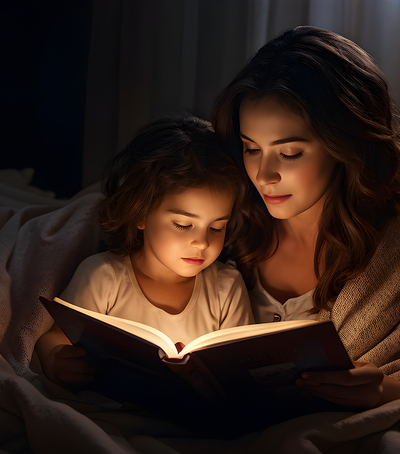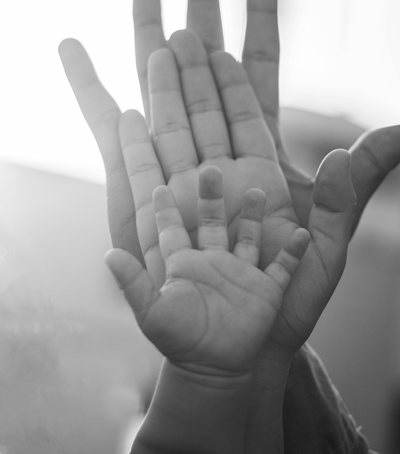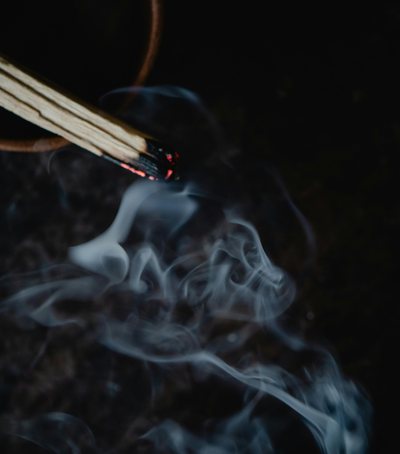
Many people see conflict as something to be avoided, as a sign of communication failure. But in reality, conflict is a mirror of a relationship—a moment when unspoken feelings, expectations, and needs come to the fore. It is not always the enemy; sometimes it is an invitation for growth.
Every conflict hides an unmet need.
People don't fight over "little things" — over glasses, over delays, over text messages. Those are just the surface. Deep down, conflict arises from a desire to feel respected, heard, understood.
When someone raises their voice, they are often saying in their own way, "I want you to see me."
In this sense, every debate is a call for connection, not division. Therefore, the question we should ask in every conflict is not “who is right?” but “what is the other person trying to tell me through this clash?”
Respect as a soft weapon
Conflict is not healed by winning, but by listening. Maintaining respect in the midst of tension is a sign of emotional maturity.
Instead of responding defensively, we can ask, “How did I misunderstand you?” or “What did you miss about me?”
These questions are not weaknesses — they are bridges of communication.
In relationship psychology, this is called transformative communication: when argument is not used to attack, but to better understand each other's needs.
From collision to consciousness
Every conflict is an opportunity for introspection. It shows us where we stop listening, where we fear empathy, or where we seek control.
In relationships, mature people don't avoid conflict — they face it with calmness and curiosity. Because they know that without conflict there is no development, neither in love, nor in friendship, nor in work.
Conflict, in essence, is the catalyst for transformation: it teaches us to understand our boundaries, communicate more sensitively, and increase awareness of how we love.
The healing power of communication
When conflict is handled with respect and openness, it becomes a force for unity, not division. Two people who dare to speak honestly, without putting each other down, build a deeper trust than before.
Because bonds don’t grow in constant peace – they grow when storms pass without being destroyed.
In the end, conflict is a part of life, not a defect. It can be painful, but also a lesson; it can burn, but also purify. And if we see it as an opportunity, not a battle, it becomes the best school of human communication.
Because sometimes, what seems like a clash is actually the most human way of saying: "I care about this relationship."
Photo by Karola G: https://www.pexels.com/photo/frustrated-woman-lying-on-table-7272596/





